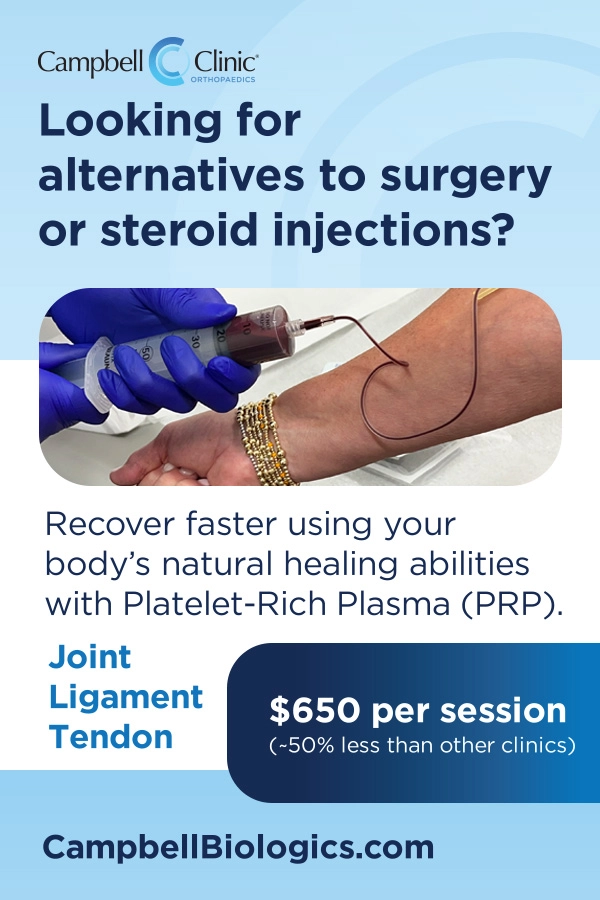By Lee Ann Foster, MS, LMT
Why would you want to get your brain health checked? What does that mean?
- You’re aging and concerned about your memory, focus, and overall cognitive health. The good news is we now know that many dementias are lifestyle diseases and may be prevented and sometimes slowed through targeted lifestyle habits and personalized brain training.
- Your kids are struggling with focus, concentration, mood, and procrastination. We can provide a clear understanding of how their brain is involved in those challenges, and use drug-free tools that train self-regulation skills.
- You want to enhance your cognitive performance, stress resilience, and mood. These tools are increasingly used by professional sports teams and executives for peak performance.
- No one wants to think about this scenario, but we do neuropsychological evaluations for brain injury lawsuits. If the injured individual had a baseline brain assessment before their accident, they would have a far better chance of winning their court case and getting the resources they needed for treatment.
Now, let’s look at what brain health check-ups are.
We use several tools to get a good picture of how the brain is functioning:
- CNS Vital Signs – testing memory, focus, mood, and attention.
- Personality Assessment Inventory – testing patterns of thinking, feeling, and behavior.
- Heart Rate Variability and Lifestyle Assessment – assessing stress resilience and life habits.
- Interview – assessing history and goals.
- 19 Channel QEEG brain map – assessing the brain’s electrical habits that contribute to how you feel and perform.
- A discussion of your results and brain health optimization tools to help you meet your goals. We will discuss many options for optimizing one’s brain, from targeted supplements to home training to Neurotherapy options in our office. We can create unique options to meet each individual’s needs and budget.
So, what would you do with this brain health check-up?
- Some may just keep this valuable information as baseline data and use the lifestyle skills and/or home training options we recommend to enhance their brain health.
- Some may want to invest in more robust professional Neurotherapy options in our office.
- Some may want to pursue further testing and brain health treatment options if it seems wise after reviewing all the data.
- Preventing cognitive decline is vital now at a time when it is sadly on the rise and impacting so many. None of us want to experience dementia, and none of us want our loved ones to have to take care of us in that condition. Prevention is our best tool.
Why should you trust us in this process?
Dr. Dale Foster is a clinical neuropsychologist, a Board Certified Neurotherapist Senior Fellow, and a Diplomate in QEEG with over 35 years of experience. He has published research using these tools for PTSD and traumatic brain injury, as well as Autism Spectrum Cases. We have helped thousands of people with ADHD, Learning Disorders, Anxiety, Depression, Seizures, Migraines, Stroke Recovery, Chronic Pain, Memory problems, and more.
Check us out at Neurosource.net.
We require free phone consultations to assess if we are a good fit for each person’s needs. Call us at 901.624.0100 for more information.
Lee Ann Foster, MS, LMT, is a master’s-level psychologist who specializes in Epigenetic Wellness Coaching, Frequency Specific Microcurrent, and Somatic / Massage Therapies to help people with self-regulation, trauma transformation, and pain management.










